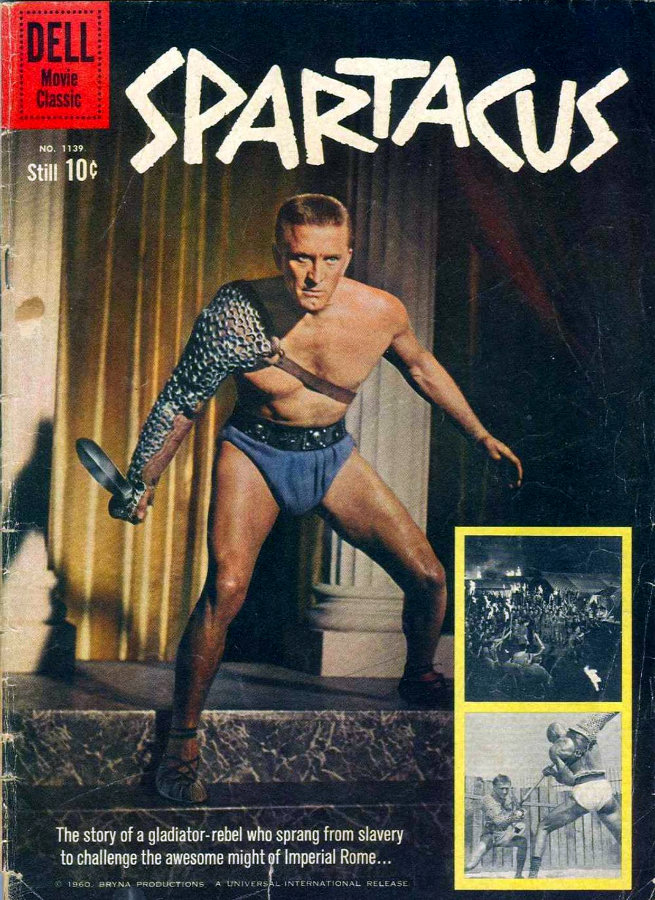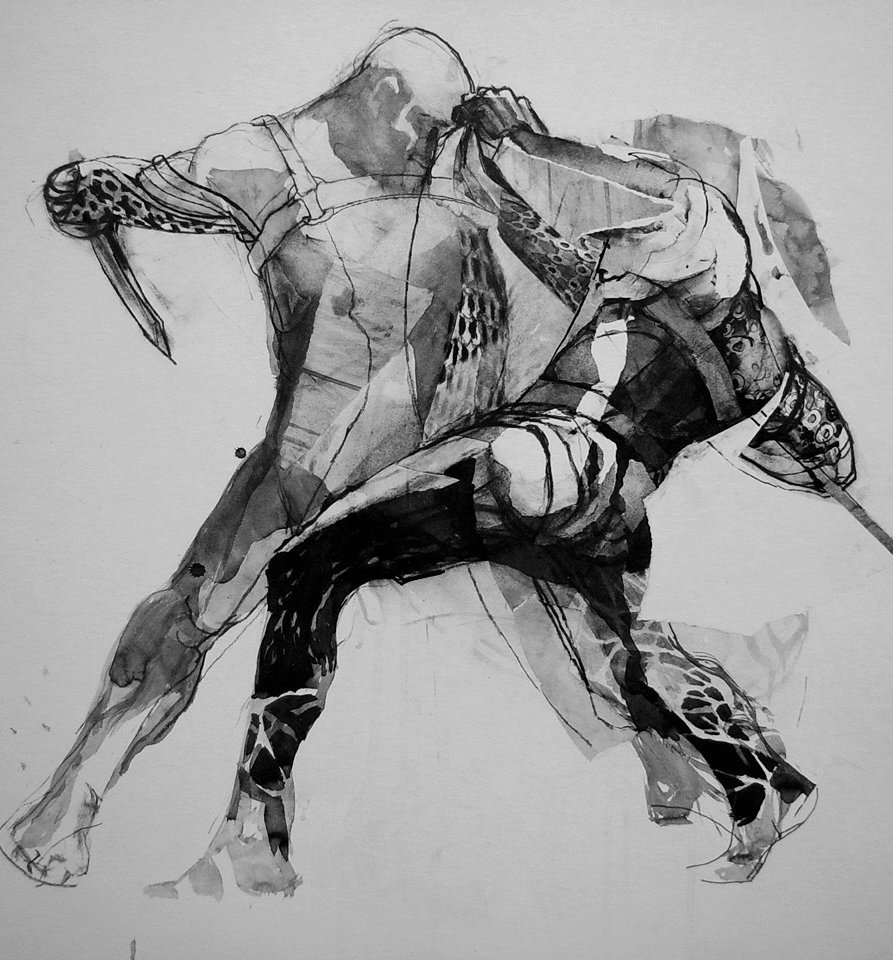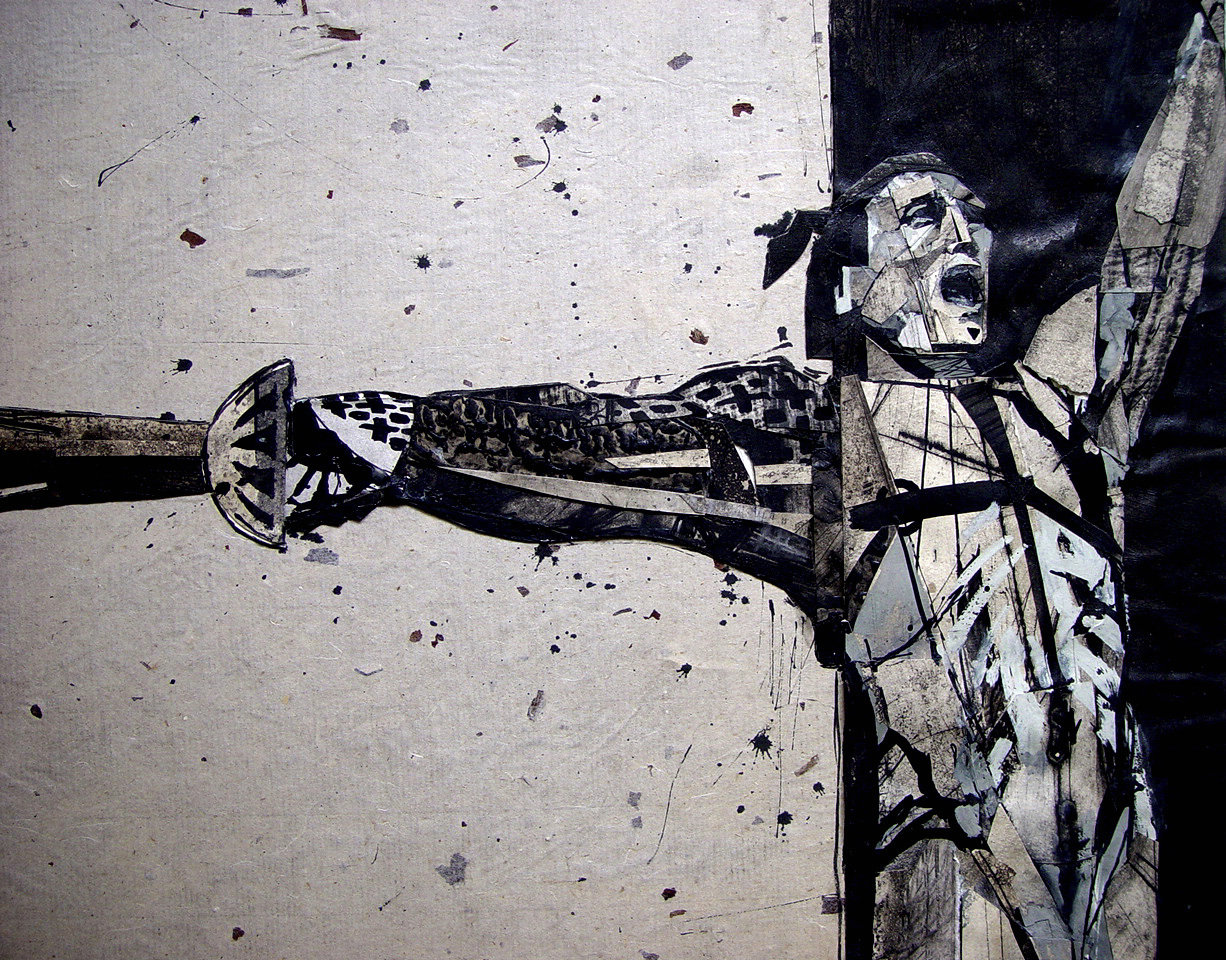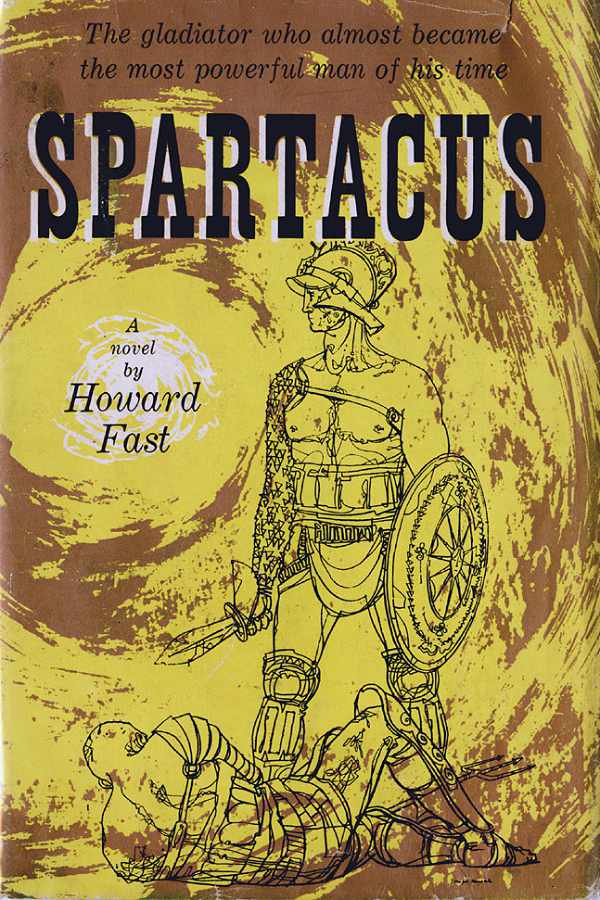Spartacus (Greek: Σπάρτακος Spártakos; Latin: Spartacus; c. 103–71 BC) was a Thracian gladiator who, along with Crixus, Gannicus, Castus, and Oenomaus, was one of the escaped slave leaders in the Third Servile War, a major slave uprising against the Roman Republic. Little is known about him beyond the events of the war, and surviving historical accounts are sometimes contradictory. All sources agree that he was a former gladiator and an accomplished military leader. This rebellion, interpreted by some as an example of oppressed people fighting for their freedom against a slave-owning oligarchy, has provided inspiration for many political thinkers, and has been featured in literature, television, and film. The philosopher Voltaire described the Third Servile War as “the only just war in history”. Although this interpretation is not specifically contradicted by classical historians, no historical account mentions that the goal was to end slavery in the Republic.
| Alias Spartacus |
| Real Names/Alt Names Spartacus |
| Characteristics Hero, Historical Figures, Classical Antiquity, Public Domain |
| Creators/Key Contributors ○ |
| First Appearance Historical figure (b. 103 BCE – d. 71 BCE) |
| First Publisher ○ |
| Appearance List Literature: Spartacus by Raffaello Giovagnoli (1874), Spartacus by Bertolt Brecht (play, 1920), Spartacus by Lewis Grassic Gibbon/James Leslie Mitchell (1933), The Gladiators by Arthur Koestler (1939), Spartacus by Andrejs Upīts (play, 1943), Spartacus by Howard Fast (1951). Film: Spartacus (1960). Comics: Real Life Comics #50, Four Color #1139 – Spartacus. |
| Sample Read Four Color #1139 – Spartacus (November 1960-January 1961) [Internet Archive] |
| Description Spartacus (Greek: Σπάρτακος Spártakos; Latin: Spartacus; c. 103–71 BC) was a Thracian gladiator who, along with Crixus, Gannicus, Castus, and Oenomaus, was one of the escaped slave leaders in the Third Servile War, a major slave uprising against the Roman Republic. Little is known about him beyond the events of the war, and surviving historical accounts are sometimes contradictory. All sources agree that he was a former gladiator and an accomplished military leader. This rebellion, interpreted by some as an example of oppressed people fighting for their freedom against a slave-owning oligarchy, has provided inspiration for many political thinkers, and has been featured in literature, television, and film. The philosopher Voltaire described the Third Servile War as “the only just war in history”. Although this interpretation is not specifically contradicted by classical historians, no historical account mentions that the goal was to end slavery in the Republic. |
| Source Spartacus – Wikipedia |




